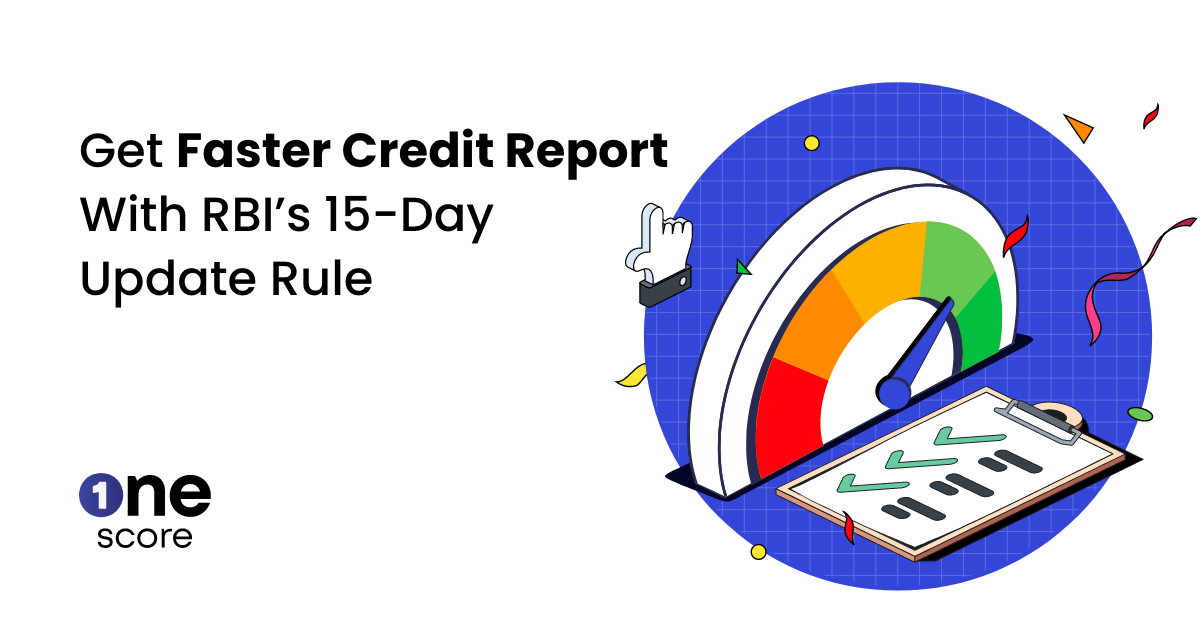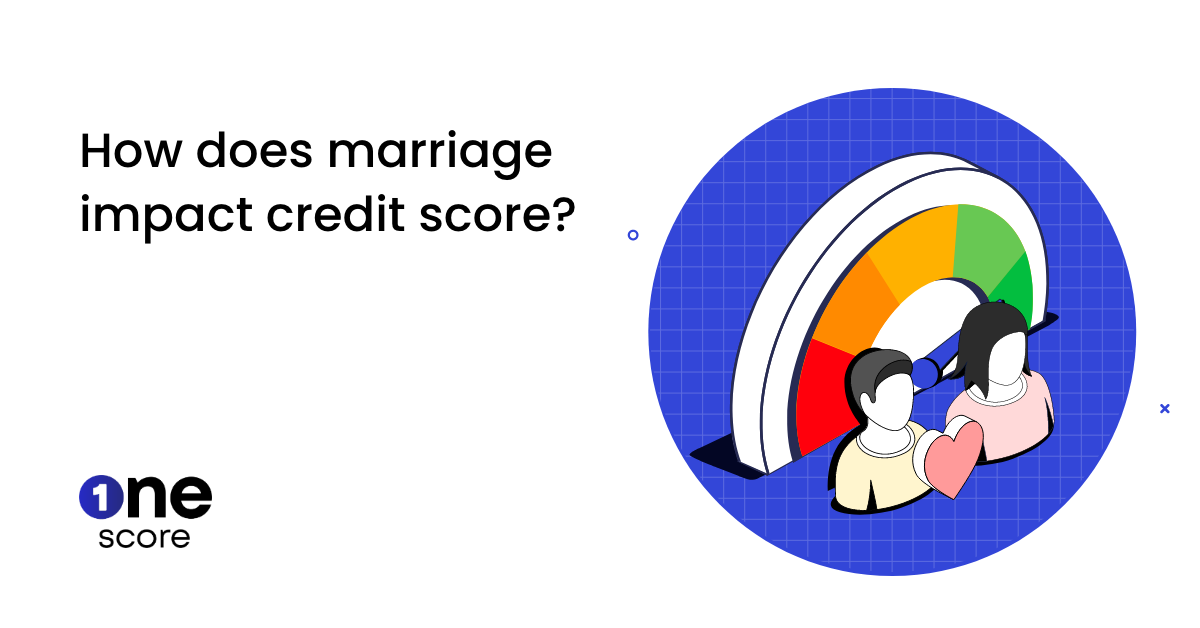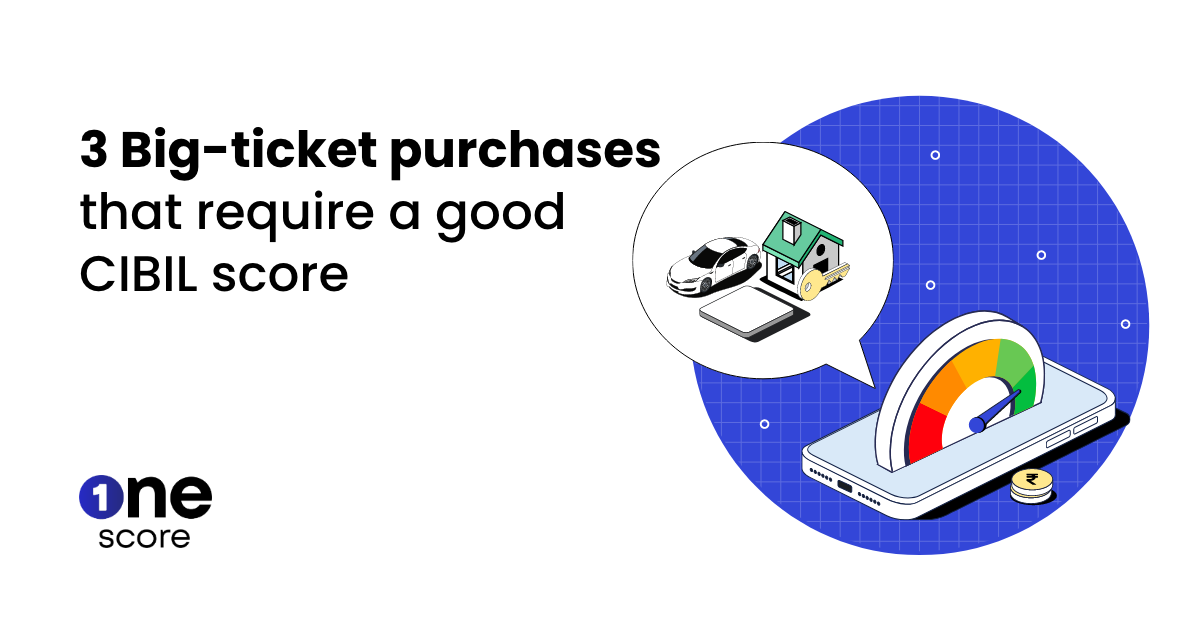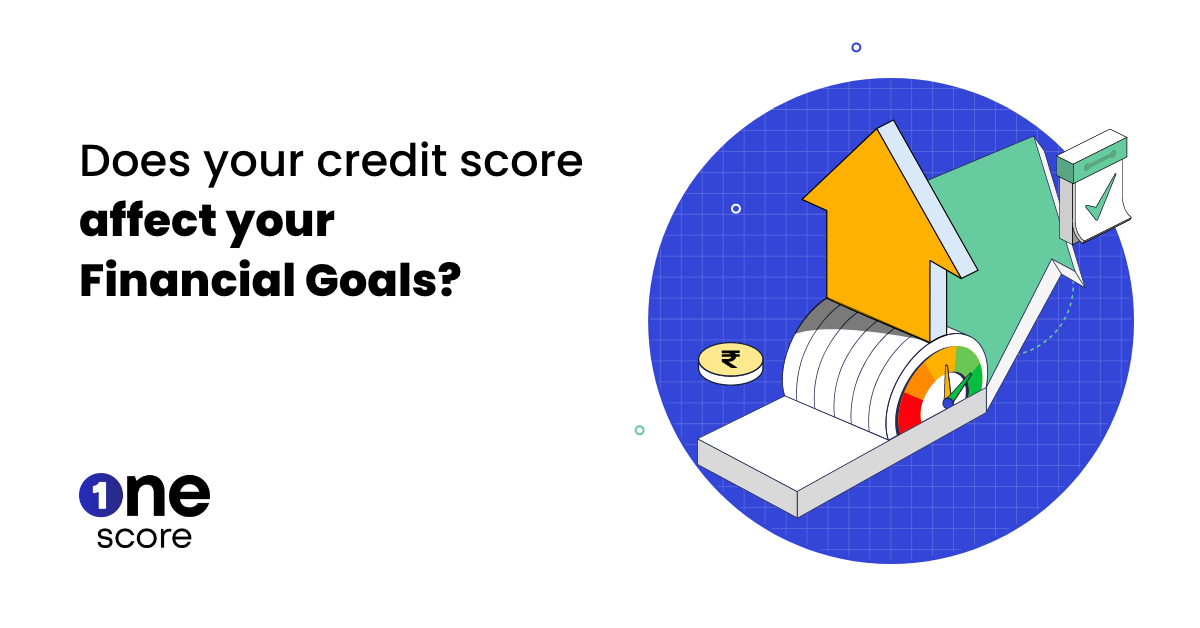New RBI Rule: Credit Report Update every 15 Days

Waiting for your credit report to update has been like using 2G internet in a 5G world—slow, frustrating, and outdated by the time it finally loads. You pay off a loan, but your report still shows it as unpaid. You clear a credit card bill, yet your score remains stuck.
The Reserve Bank of India (RBI) is changing this. Instead of monthly updates, your credit report will now refresh every 15 days. That means faster corrections, quicker loan approvals, and better financial control. Let’s break down why this upgrade matters for you and what it can change for you.
What is the New RBI Rule?
The RBI has mandated that all credit information companies (like CIBIL, Experian, and Equifax) update your credit data every 15 days. Previously, this process could take up to 30-45 days. So, if you paid off a loan or cleared a credit card bill, it might not reflect in your credit report for over a month.
Now, with the new rule, your credit report will be updated twice as fast. This means lenders will have access to the most recent information about your financial behaviour.
ALSO READ: What is a credit score? How does it work?
How this Rule Benefits You
1. Faster Error Corrections
Errors in credit reports are more common than you’d think. A wrongly reported late payment or an unpaid loan that isn’t yours can wreck your credit score.
Previously, correcting such mistakes took up to a month. Now, updates will be reflected twice as fast. If you dispute an error, you won’t have to wait long for it to disappear.
2. Quicker Loan Approvals
Let’s say you pay off a credit card in full. Under the old system, your report would take a month to show this, delaying new loan approvals.
Now, lenders will see your updated credit behaviour within two weeks. If your score improves quickly, you can apply for loans sooner and get better deals.
3. Better Credit Score Management
Your credit score is like your financial reputation. The faster your report updates, the better control you have over your score.
For instance, if you make a large payment to reduce your credit utilisation, you won’t have to wait an entire month for your score to reflect this improvement. Furthermore, OneScore offers you personalised insights on improving your credit score. This, coupled with getting timely updates, makes your score management smoother.
4. Smoother Credit Card Upgrades
Planning to upgrade your credit card? Many banks check your creditworthiness before offering better cards with higher limits.
Now, since your report updates every 15 days, banks will have a more accurate picture of your financial health. This increases the chances of getting a higher limit or a premium card much sooner.
ALSO READ: What is Minimum CIBIL Score for Credit Cards?
What Should You Do Next?
1. Check Your Credit Report Regularly
With more frequent updates, it’s easier to spot mistakes early. Make it a habit to check your report every month. You get one free credit report per year from each bureau, so use it!
2. Pay Off Your Dues on Time
Since your financial behaviour reflects twice as fast, ensure you clear all payments on time. A single late payment can lower your score, and now, it will show up sooner than before.
3. Keep Credit Utilisation Low
Credit utilisation is the ratio of your credit card balance to the limit. If it’s too high, your score drops. Since the new rule updates reports faster, keep your overall credit utilisation low to maintain a healthy credit score.
4. Dispute Errors Without Delay
If you notice a mistake in your report, raise a dispute immediately. Since updates are faster, errors will be rectified quicker than before.
The Bigger Picture
This new RBI rule isn’t just about faster credit report updates, but also about making the financial system more efficient and transparent. Until now, outdated reports have caused delays in loan approvals and even led to unfair rejections. Now, with updates every 15 days, lenders get a clearer, real-time picture of your creditworthiness.
As a result, borrowers with strong repayment habits will see benefits sooner, while errors and discrepancies will be resolved faster. Moreover, this move aligns India’s credit reporting system with global best practices, ensuring a smoother borrowing experience for millions. Ultimately, it’s a step toward fairer and faster financial access.
ALSO READ: Get a No Credit Score Credit Card – The Ultimate How-To Guide
In summary, this change is a win for everyone. In a world where timing is everything, this rule basically empowers borrowers like you. No more waiting weeks for your financial efforts to reflect in your credit score. Whether you’re planning to buy a home, start a business, or simply improve your financial health, the new 15-day update cycle puts you in the driver’s seat. So, take advantage of it. Check your credit report, stay on top of your finances, and make the most of this new era of borrowing.
**Disclaimer: The information provided on this webpage does not, and is not intended to, constitute any kind of advice; instead, all the information available here is for general informational purposes only. FPL Consumer Services Private Limited and the author shall not be responsible for any direct/indirect/damages/loss incurred by the reader in making any decision based on the contents and information. Please consult your advisor before making any decision.

Understanding the Role of Credit Scores in Personal Loan Approval


Does Your Spouse’s Credit Score Affect Your Financial Prospects?


Dreaming of a Big Purchase? Here’s Why a Good CIBIL Score is a Must

How Your Credit Score Directly Impacts Your Financial Future
- OneScore , April 04, 2025

